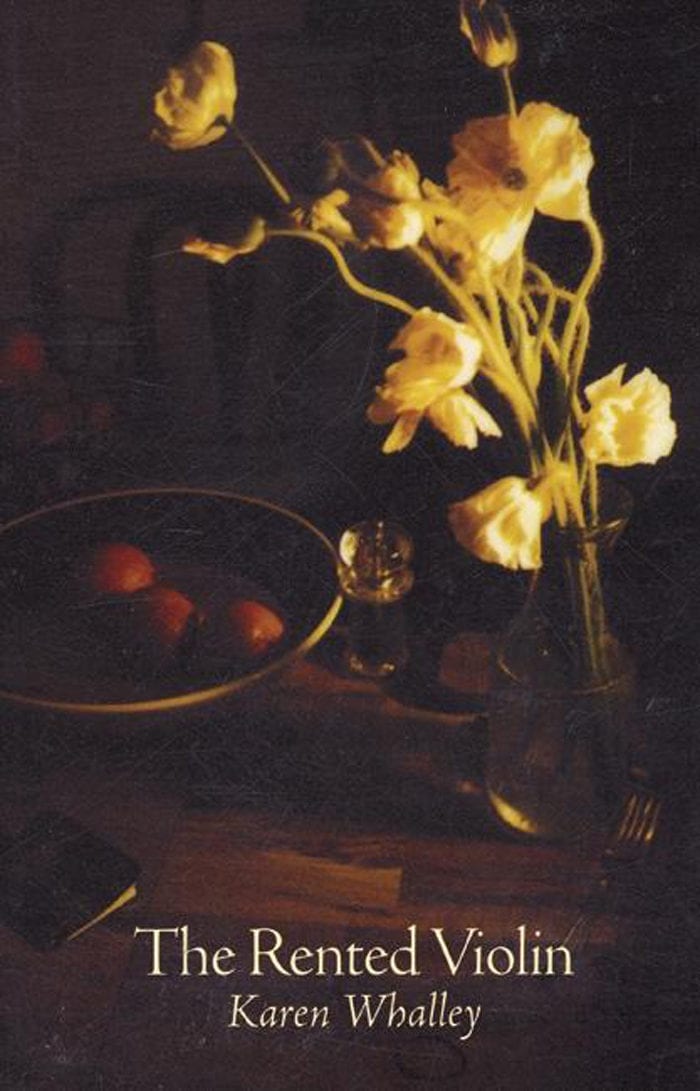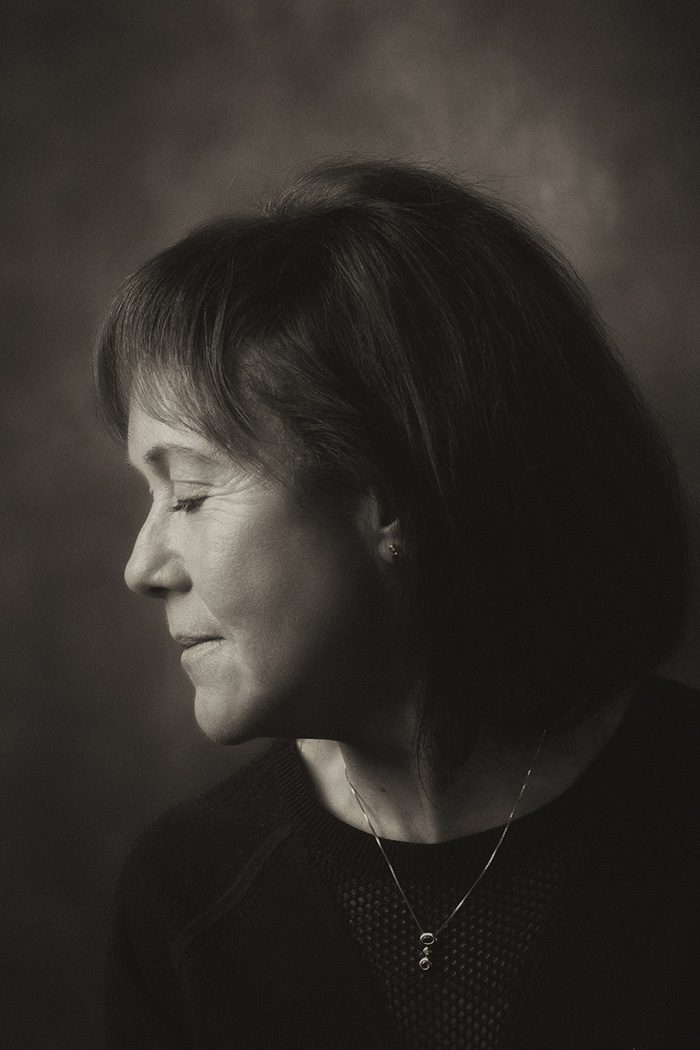
Karen Whalley quietly explodes the facade of ordinary daily life. At the heart of her work is a yearning for spiritual meaning, which manifests itself in a rare clarity of thought and emotion. Deceptively simple of surface, these poems delve into experiences of love and grief, rendering her findings in language that is luminous and beautiful.
ISBN: 9781931337144
Format: Paperback
ISBN: 9781931337137
Format: Hardcover
Reviews
“Most first books of poetry are hardly more than a delightful nosegay of early spring blooms. Here is one, however, that fills us with the deeper delights of a bouquet gathered in a later and more mature season… [Whalley] has mastered the art of unpacking, in simple language and delicate metaphor, the yearning for transformation that is at the center of our human spirituality… I am stunned by the wisdom of these poems, and pierced by their heart-lurching beauty.” —Kate Daniels
“Whalley spirals inside the body, inside the argument, inside the grains of our lives to describe them as if the damages and the joys were another world entirely, a world in which the narrative could be any of the past lives or dreams of the made-over dress, or the rented violin… Whalley’s book is indeed a charm to discover, a collection of layers not to shed, but to unfold and refold for someone else to find.” —Pleiades
“The best of these poems imitate unfiltered thought, moving with no apparent effort from the immediate… to the imponderable… Their tone is frank, unguarded, and elegant; when she arrives at a transcendent moment, this poet is able to say more than she knows, and far more than her speaker’s situation implies. The results can be superb.” —Virginia Quarterly Review
